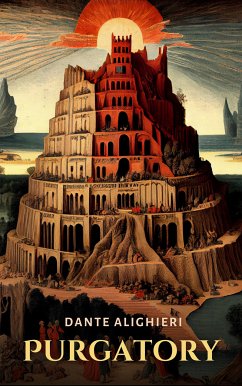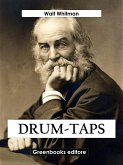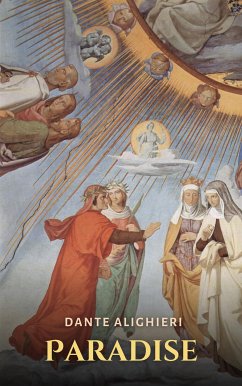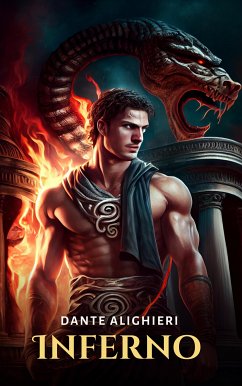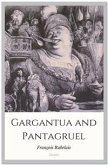Having survived the depths of Hell, Dante and Virgil continue their journey to the Mountain of Purgatory on the far side of the world. The mountain has seven terraces, corresponding to the seven deadly sins or seven roots of sinfulness. Dante's Purgatory is the second book in the Divine Comedy trilogy. This book follows Dante's Inferno which inspired Dan Brown's Inferno novel, EA's computer game Dante's Inferno and an animated epic Dante's Inferno.
Dieser Download kann aus rechtlichen Gründen nur mit Rechnungsadresse in A, B, BG, CY, CZ, D, DK, EW, E, FIN, F, GR, HR, H, IRL, I, LT, L, LR, M, NL, PL, P, R, S, SLO, SK ausgeliefert werden.

